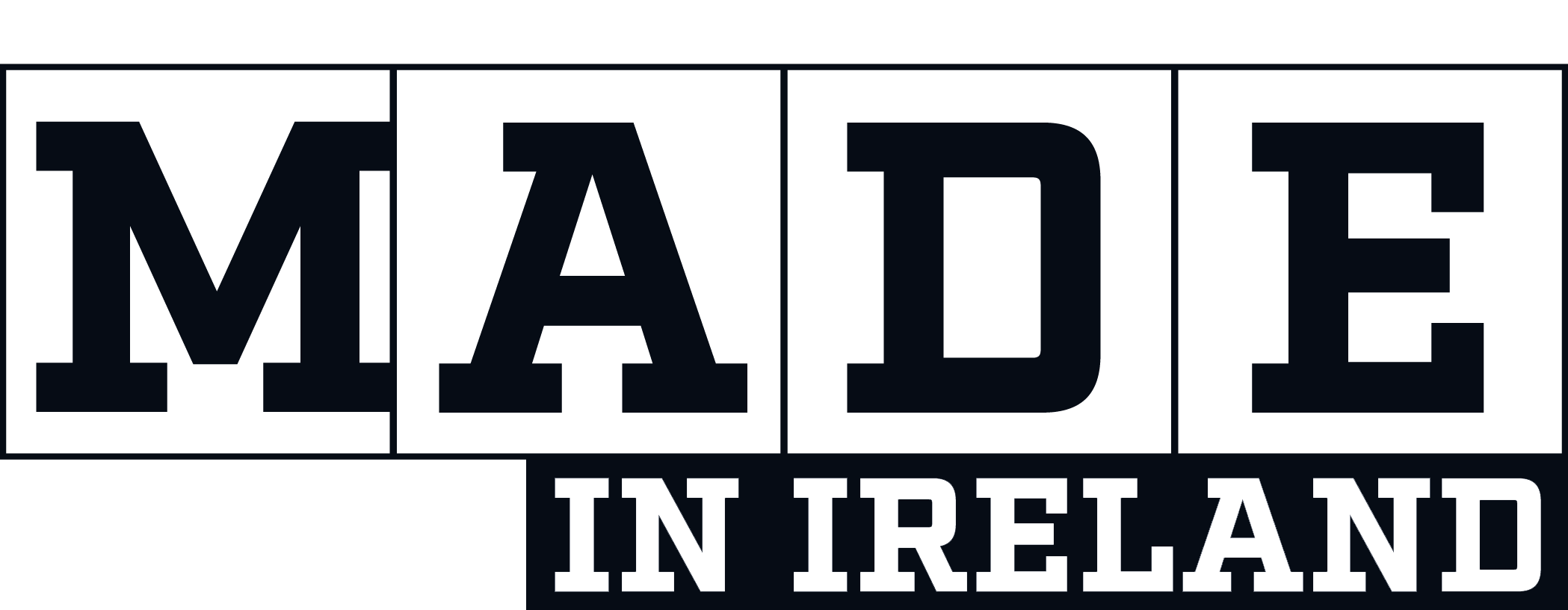The system works by drawing in large quantities of air and passing it over sophisticated sorbent materials, specifically designed to attract and hold CO2 molecules on their surface as ambient air passes through the DAC units. The captured CO2 can then be permanently and safely stored underground or turned into climate-neutral carbon products, such as sustainable aviation fuel.
The latest innovation takes a revolutionary approach to the deployment of sorbents – materials used to capture CO2. Traditionally, sorbents are packed into thick beds, requiring substantial amounts to be effective. However, Neg8 Carbon reduces the quantity of sorbent needed by 80%.
This change also speeds up the CO2 capture and release process, cutting regeneration time by 90%, which means a much more efficient system.
Meanwhile, a second key innovation advances the heat exchange process within the DAC system. It enables faster heat transfer as it optimises heat transfer to the sorbent material, improving the efficiency of the sorbent’s regeneration process and increasing CO2 uptake by 50%.
Energy consumption is also reduced by over 20%, making the DAC system more cost-effective and environmentally friendly.
“As the global community strives to combat climate change, reducing carbon emissions is important, but it is only part of the solution. Equally important is removing existing carbon dioxide from the atmosphere. Direct Air Capture technology plays a crucial role in this effort by capturing CO2 directly from the air, offering a scalable solution to help meet global net-zero targets,” said Dr John Breen, CTO of Neg8 Carbon (pictured).
“These innovations are making significant improvements to our direct air capture technology. They enhance both efficiency and sustainability, reinforcing our dedication to providing effective solutions in the fight against climate change.”
The company plans to integrate both innovations into its demonstration unit in a real-world setting by the third quarter of 2024.
Neg8 Carbon remains committed to fighting climate change with its mission to capture 100 million tonnes of CO2 annually by 2050.
After successfully launching Ireland’s first operational direct air capture (DAC) system in 2023, the NEG8 Carbon team is set to manufacture and test a large-scale pilot system throughout 2024 in collaboration with Deep Sky in Canada. A two-year partnership with Walton Institute is using machine learning to monitor and optimise the conditions for carbon capture.










